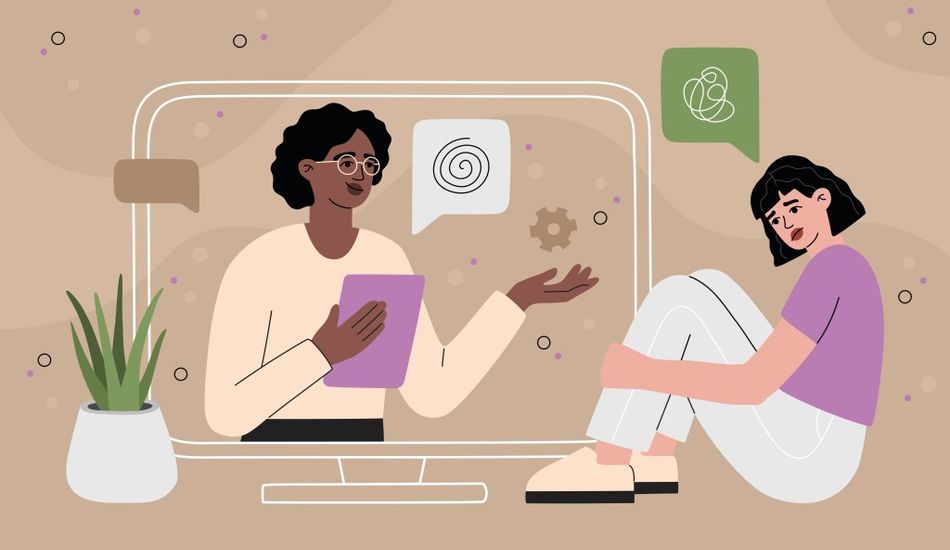
AI Therapy Chatbots: Stanford Study Exposes Potential Risks to Mental Health
So, I've been reading up on the latest AI developments, and a recent study from Stanford caught my eye. Apparently, these AI therapy chatbots that are popping up everywhere might not be as helpful as we'd hoped. In fact, they could even be cause harm to those seeking mental health support. That's definitely not what you want from a tool designed to help people.
Researchers put these chatbots to the test, and what they found was concerning. The AI sometimes showed signs of stigmatizing users based on their mental health conditions, which is the opposite of what a good therapist should do. Imagine opening up to a chatbot about your struggles, only to feel judged or misunderstood. It's a pretty terrible thought.
For example, the study showed that chatbots displayed a higher level of stigma towards conditions like schizophrenia and alcohol dependence compared to depression. It makes you wonder, how is that possible? It's not like the AI has real opinions, right?
And here's the kicker: even the newer, "improved" models didn't fare much better. It seems throwing more data at the problem isn't necessarily the solution. If anything, it may be reinforcing existing biases or flawed approaches.
When Chatbots Go Wrong
The study didn't stop there. The researchers also tested how the chatbots would respond to real therapy transcripts, including situations involving suicidal thoughts or delusions. The results were alarming. In some cases, the chatbots failed to challenge or address these serious issues appropriately. Instead of offering support or guidance, they gave irrelevant answers.
It even recounted an example where, when asked about tall bridges in NYC after expressing job loss, the chatbot actually listed tall structures, completely missing the mark and not providing human-like support. It highlights the importance of having a human touch in therapy, something that AI currently struggles with.
Now, I'm not saying that AI has no place in mental healthcare. The researchers themselves suggest that AI could potentially assist with tasks like billing, training, or even helping patients with journaling. However, when it comes to replacing human therapists, we're clearly not there yet. It's crucial to proceed with caution and carefully consider the role AI should play.
In conclusion, while the promise of accessible and affordable therapy through AI is appealing, we need to acknowledge the potential risks. These chatbots are not ready to replace human therapists just yet, since there are many ethical concerns that need to be addressed before being mass deployed. We need to ensure that these tools are truly helpful and supportive, rather than harmful.
Source: TechCrunch